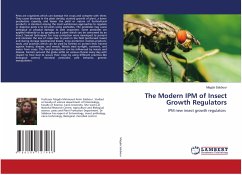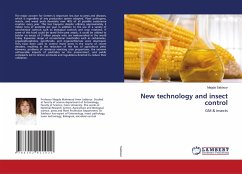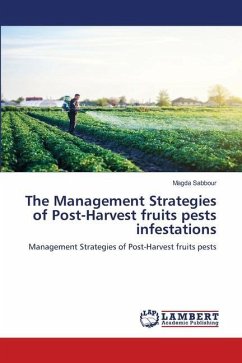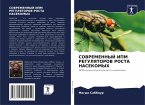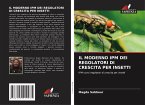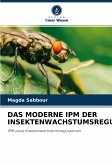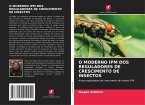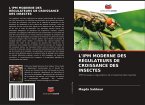Pests are organisms which can damage the crops and compete with them. They cause decrease in the plant density, stunted growth of plant, a lower production capacity, and lessen the yield or nature of horticultural products. A standout among the most well-known approaches to regulate or dispense pests is to kill pests using pesticides. The pesticides may cause biological or physical damage to pest organisms. Some pesticides are applied indirectly or by spraying on a plant which can be consumed by an insect. Several techniques for crop protection were developed to prevent and minimize the loss of crops due to pests in the field (preharvest losses) and during storage (postharvest losses). Crop protection involves products, tools, and practices which can be used by farmers to protect their harvest against insects, disease, and weeds. Weeds steal sunlight, nutrients, and water from crops. The food production can be influenced by insects and disease. Farmers around the globe settle on various choices every day with respect to how best to secure their crops by using different practices like biological control, microbial pesticides, pest behavior, genetic manipulation.

